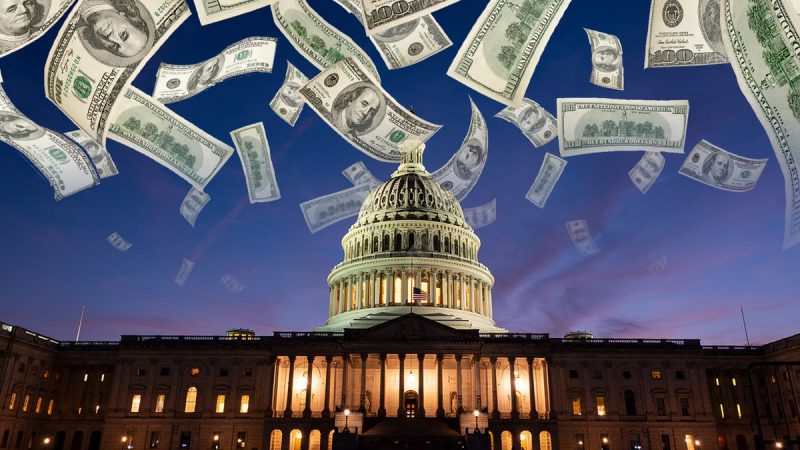In recent political discourse, the concept of reconciliation has emerged as a powerful tool employed by Republicans to navigate the complex landscape of federal policy-making. Reconciliation, a legislative process that allows for expedited consideration of certain budgetary legislation, has historically been utilized to bypass the Senate’s filibuster rule and advance key policy objectives. However, the increasing frequency with which reconciliation is employed has raised concerns about its potential misuse and the implications for democratic governance.
The reconciliation process, established by the Congressional Budget Act of 1974, was initially intended to facilitate the passage of budget-related legislation by allowing for expedited consideration in both the House and Senate. Traditionally, reconciliation measures pertain to provisions that directly impact federal spending, revenues, and the federal debt limit. By streamlining the legislative process and circumventing the filibuster, reconciliation provides a pathway for passing controversial budgetary measures with a simple majority vote in the Senate, rather than the usual 60-vote threshold.
In recent years, Republicans have increasingly turned to reconciliation as a strategic tool to advance their policy agenda and push the boundaries of federal policy-making. By leveraging reconciliation, Republicans aim to enact sweeping changes to key areas of public policy, such as healthcare, tax reform, and social programs, without the need for bipartisan support. This approach has become particularly salient as political polarization has intensified, making bipartisan consensus on major policy initiatives increasingly elusive.
One key example of Republicans utilizing reconciliation to advance their policy goals was the passage of the Tax Cuts and Jobs Act in 2017. Through the reconciliation process, Republicans were able to enact significant tax cuts without any Democratic support, marking a major legislative victory for the party. This successful deployment of reconciliation underscored its effectiveness as a tool for advancing contentious policy changes in a hyper-partisan environment.
However, the escalating use of reconciliation by Republicans has sparked debate over its appropriate role in the legislative process and its impact on democratic norms. Critics argue that frequent reliance on reconciliation undermines the spirit of bipartisanship and deliberation that are essential for a functioning democracy. By circumventing the traditional legislative process and promoting partisan-driven policymaking, the abuse of reconciliation can erode the democratic principles of compromise and consensus-building.
Moreover, the potential misuse of reconciliation carries broader implications for the integrity of the legislative branch and the balance of power between Congress and the executive branch. As reconciliation becomes a go-to strategy for enacting major policy changes, it may concentrate too much authority in the hands of the majority party, marginalizing the voices of the minority party and limiting opportunities for meaningful debate and input from all stakeholders.
In conclusion, while reconciliation has emerged as a potent tool for Republicans to advance their policy priorities in a deeply divided political landscape, its increasing use raises important questions about its impact on democratic governance and the legislative process. As policymakers navigate the complexities of federal policy-making, it is essential to consider the long-term implications of leveraging reconciliation and strive to uphold the principles of transparency, accountability, and bipartisanship that are fundamental to a healthy democracy.

